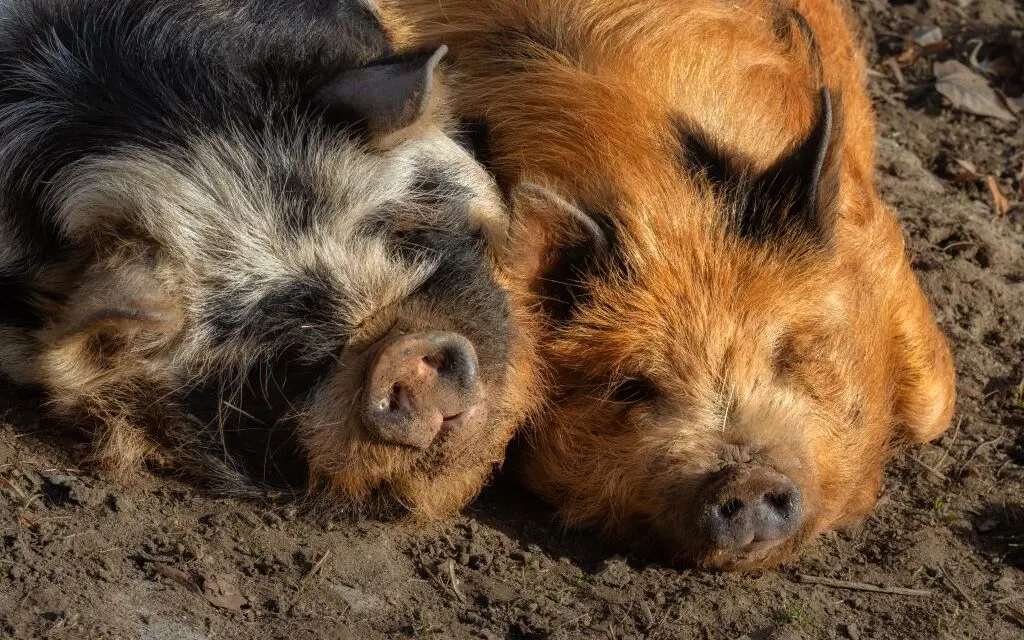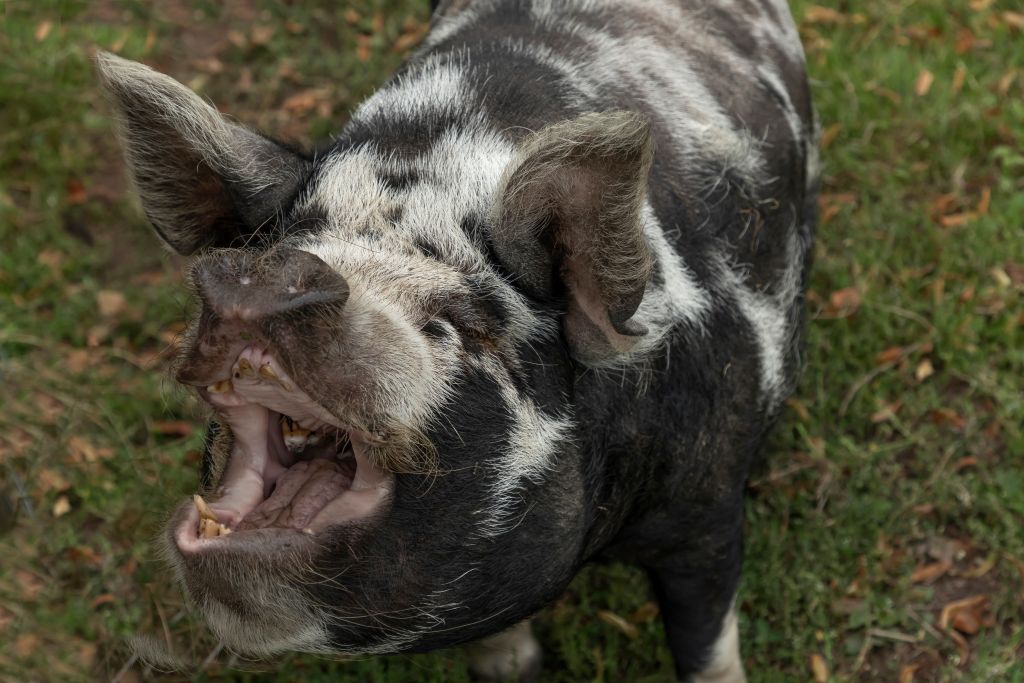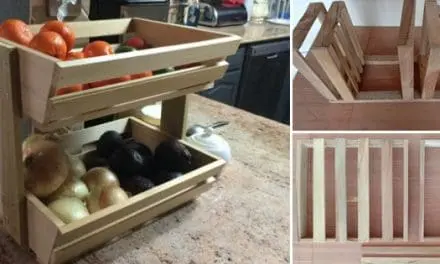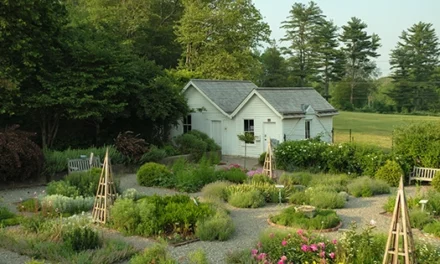If you’ve ever considered raising pigs but were put off by the size, mess, or feed costs of traditional breeds, Kunekune pigs might be the solution. These small, pasture-loving pigs are making a name for themselves among self-sufficient growers who want meat animals that are low-maintenance, family-friendly, and land-conscious.
Kunekunes (pronounced “koo-nee koo-nee”) offer something rare in modern livestock: the ability to thrive on grass alone. Whether you’re looking to raise your own pork, regenerate your pasture, or keep livestock that doesn’t act like a bulldozer, Kunekune pigs check a lot of boxes.
What Are Kunekune Pigs?
Kunekune pigs originated in New Zealand, where the Māori people raised them for meat. Their name means “fat and round,” which suits them well. These pigs are known for their short legs, friendly temperament, and distinctive wattles (also called tassels) that hang from their lower jaw.
They’ve gained traction worldwide for a simple reason: Kunekunes are gentle, manageable, and easier on the land than most pig breeds. Unlike standard pigs that root and destroy everything in sight, Kunekunes prefer grazing. That makes them ideal for small homesteads, especially where pasture preservation is a priority.
They come in a variety of colors and patterns: black, brown, cream, ginger, and spotted. And each one has a personality all its own. As a bonus, their friendliness and calm disposition make them excellent around children or novice keepers.
Meat Quality – Is It Worth the Wait?
Raising Kunekunes for meat takes patience, but the reward is pork that chefs and home butchers rave about. Kunekune pork is richly marbled, tender, and flavorful. The fat is particularly high quality, creamy, clean, and excellent for lard or charcuterie.
But there’s a catch: Kunekunes grow slowly. It takes about 12 to 18 months for them to reach market weight, compared to 5 or 6 months for commercial breeds. However, because they grow on mostly grass and don’t require expensive grain-based diets, they’re far more economical to raise over time.
Many homesteaders find the slower growth cycle a fair tradeoff for lower feed costs and superior meat. If you butcher on your own schedule and value nutrient-dense, pasture-raised pork, Kunekunes deliver.
How Long Do Kunekune Pigs Live?
Kunekunes live a long time compared to most livestock. When kept as pets or breeders, they can live 10 to 15 years. Of course, pigs raised for meat are generally processed much earlier, usually by 12 to 18 months of age, when their meat is at its prime and they’ve reached an ideal fat-to-muscle ratio.
Longevity is helpful for breeders or growers who want to maintain a multi-generational herd. With minimal medical issues and few special needs, a healthy Kunekune can remain productive for many years.
Weight and Size – Manageable and Compact
Adult Kunekune pigs typically weigh between 120 and 250 pounds, with some larger individuals reaching 300 pounds. This makes them far smaller than standard hog breeds, which often exceed 600 pounds and require heavy-duty equipment to manage.
Their compact size means easier handling, smaller shelter needs, and less damage to your property. A single person can easily manage Kunekunes without chutes, heavy gates, or loading ramps. They’re also ideal for trailers and simple fencing setups, which keeps infrastructure costs low.
Kunekunes don’t require constant monitoring or muscle to manage, making them a great choice for solo homesteaders, older growers, or families.
What Do Kunekune Pigs Eat?
One of the most attractive features of Kunekunes is their ability to live primarily on pasture, especially during spring through fall.
Here’s a closer look at what they eat:
-
Pasture: Their main diet consists of grasses like clover, rye, orchard grass, and fescue. Unlike rooting pigs, Kunekunes graze like sheep or goats.
-
Hay: During winter or dry seasons, they’ll need access to good-quality hay to maintain weight and health.
-
Grain (Optional): While they don’t need commercial pig feed, a small supplement of grain or cracked corn can help with growth or support pregnant/lactating sows.
-
Kitchen Scraps: Vegetable peelings, fruits, stale bread, and garden surplus are fair game. Avoid moldy foods, meat, or anything processed.
-
Minerals: Offer free-choice minerals or a salt block to support overall health and prevent deficiencies.
This feed flexibility drastically cuts costs and makes Kunekunes ideal for people who want to use what they have on hand. A pig that can live happily without daily buckets of commercial feed? That’s a homesteader’s dream.
What Do Kunekune Pigs Need?
Kunekunes don’t ask for much, but they do need basic care to stay healthy and happy.
-
Shelter: A three-sided shed, lean-to, or hog hut works well. They need shade in summer and protection from wind and wet weather in colder seasons.
-
Fencing: Kunekunes respect electric fencing or woven wire. They’re not climbers or diggers, and their calm nature makes them less likely to escape.
-
Water: Always provide clean, fresh water. Pigs won’t thrive without it.
-
Mud/Wallows: In summer, they love a shallow mud pit to cool off. No need for fancy plumbing. Just a hose and a small depression will do.
-
Companionship: They’re social animals. Never raise one alone. It will become bored, lonely, or even depressed. A pair or small group is ideal.
You don’t need elaborate systems or constant supervision to raise Kunekunes, which makes them one of the best pigs for part-time farmers or those just starting out.
Who Are Kunekune Pigs Good For?
Kunekunes aren’t for every operation, but they shine in the right setting. They’re best suited to:
-
Small homesteads and backyard farms that can’t accommodate large hogs.
-
Growers who prioritize pasture-based systems over high-input grain feeding.
-
First-time pig owners who want a low-stress, gentle animal to learn with.
-
Families looking for livestock that won’t pose a danger to kids or pets.
-
Off-grid setups where inputs are limited and sustainability is key.
-
People raising for quality, not quantity, especially those interested in slow food, nose-to-tail cooking, or charcuterie.
If your goal is to raise happy pigs on grass, turn weeds into meat, and simplify your workload while feeding your family, Kunekunes could be the pigs you’ve been looking for.
Final Thoughts
Kunekune pigs offer a unique opportunity for homesteaders who want sustainable, grass-based pork without the hassles that come with commercial pig breeds. Their calm temperament, compact size, and ability to live off pasture make them a perfect match for the self-sufficient lifestyle.
They won’t give you fast returns, but they will give you flavorful meat, lower costs, and the peace of mind that comes from raising animals the natural way.
If you’re building a resilient, low-maintenance homestead, Kunekunes are more than just livestock—they’re partners in your journey toward independence.
10 Things To Never Feed Your Pigs
An Ingenious Eggshell Remedy and 25 Others Made from Things People Usually Throw Away (Video)















